A huge amount of water rushed into the city of Derna after heavy rains on September 10 and flooded two dams, sweeping entire buildings and a large number of residents into the Mediterranean Sea.
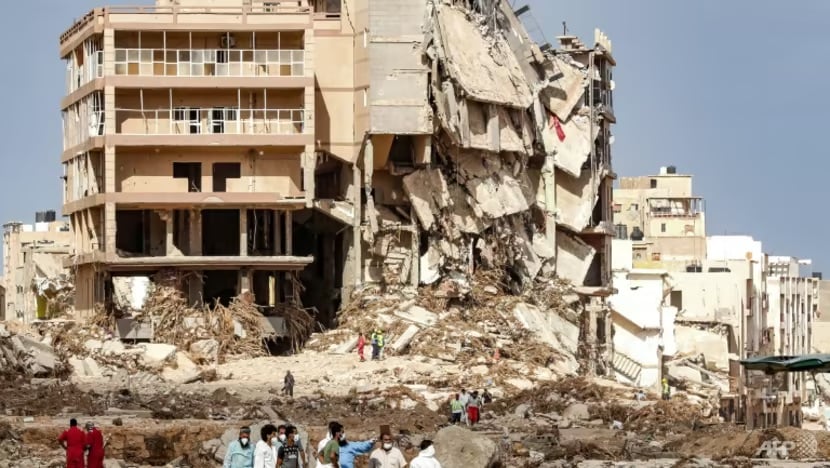
The Libyan city of Derna is hit by floods after heavy rains on September 10, 2023. Photo: AFP
Scientists from the World Weather Attribution (WWA) group say the massive flooding in northeastern Libya is an event that only occurs once every 300 to 600 years.
They found that rains are likely to be more frequent and heavier due to human-caused global warming, with up to 50% more rainfall during this period.
In a report on flooding related to Storm Daniel that swept across much of the Mediterranean in early September, they found that climate change made heavy rainfall 10 times more likely in Greece, Bulgaria and Türkiye and up to 50 times more likely in Libya.
But the researchers stressed that other factors, including conflict and poor dam maintenance, had turned “extreme weather into humanitarian disasters”.
To shed light on the potential role of global warming in increasing extreme events, WWA scientists used climate data and computer models to compare today's climate — which has warmed about 1.2 degrees Celsius since pre-industrial times — with past climates.
But in this case, they said the study was limited by a lack of observational weather station data, particularly in Libya, and because the events occurred over small areas that are not accurately represented in climate models.
That means the findings are subject to “mathematical uncertainty”, although the study says the researchers “are confident that climate change has made the events more likely”, as factors including current warming have been linked to a 10% increase in rainfall intensity.
In Libya, the authors note that "protracted armed conflict, political instability, underlying design flaws, and poor dam maintenance all contributed to the disaster."
“This devastating disaster shows how extreme weather events driven by climate change are combining with human factors to create even greater impacts, as more people, property and infrastructure are exposed to the risk of flooding,” said Julie Arrighi, Red Cross Director General.
Mai Van (according to AFP, CNA)
Source




![[Photo] Prime Minister Pham Minh Chinh chairs the meeting of the Government Party Committee Standing Committee](https://vstatic.vietnam.vn/vietnam/resource/IMAGE/2025/8/23/8e94aa3d26424d1ab1528c3e4bbacc45)


![[Photo] General Secretary To Lam attends the 80th Anniversary of the Cultural Sector's Traditional Day](https://vstatic.vietnam.vn/vietnam/resource/IMAGE/2025/8/23/7a88e6b58502490aa153adf8f0eec2b2)

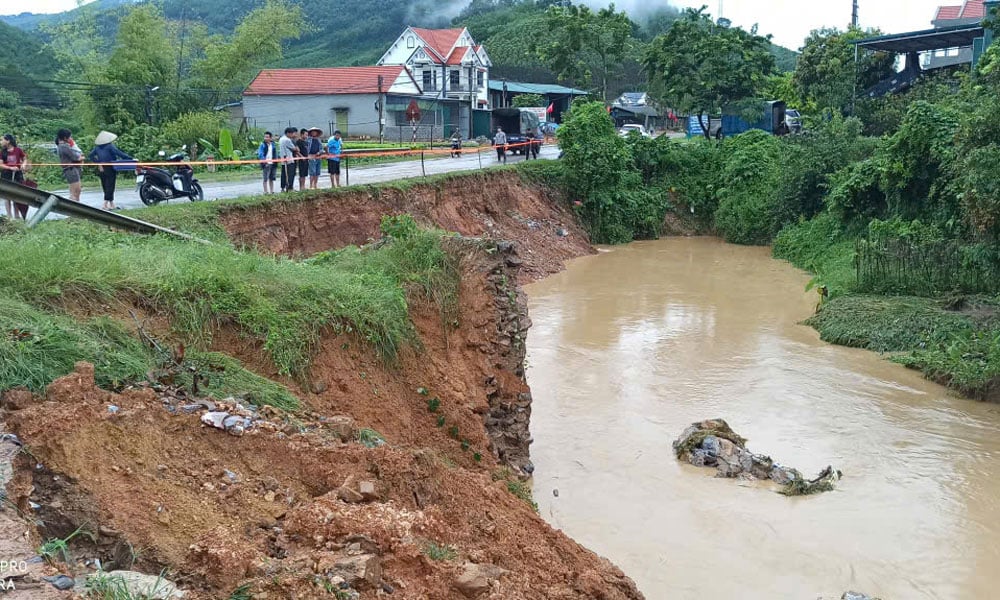

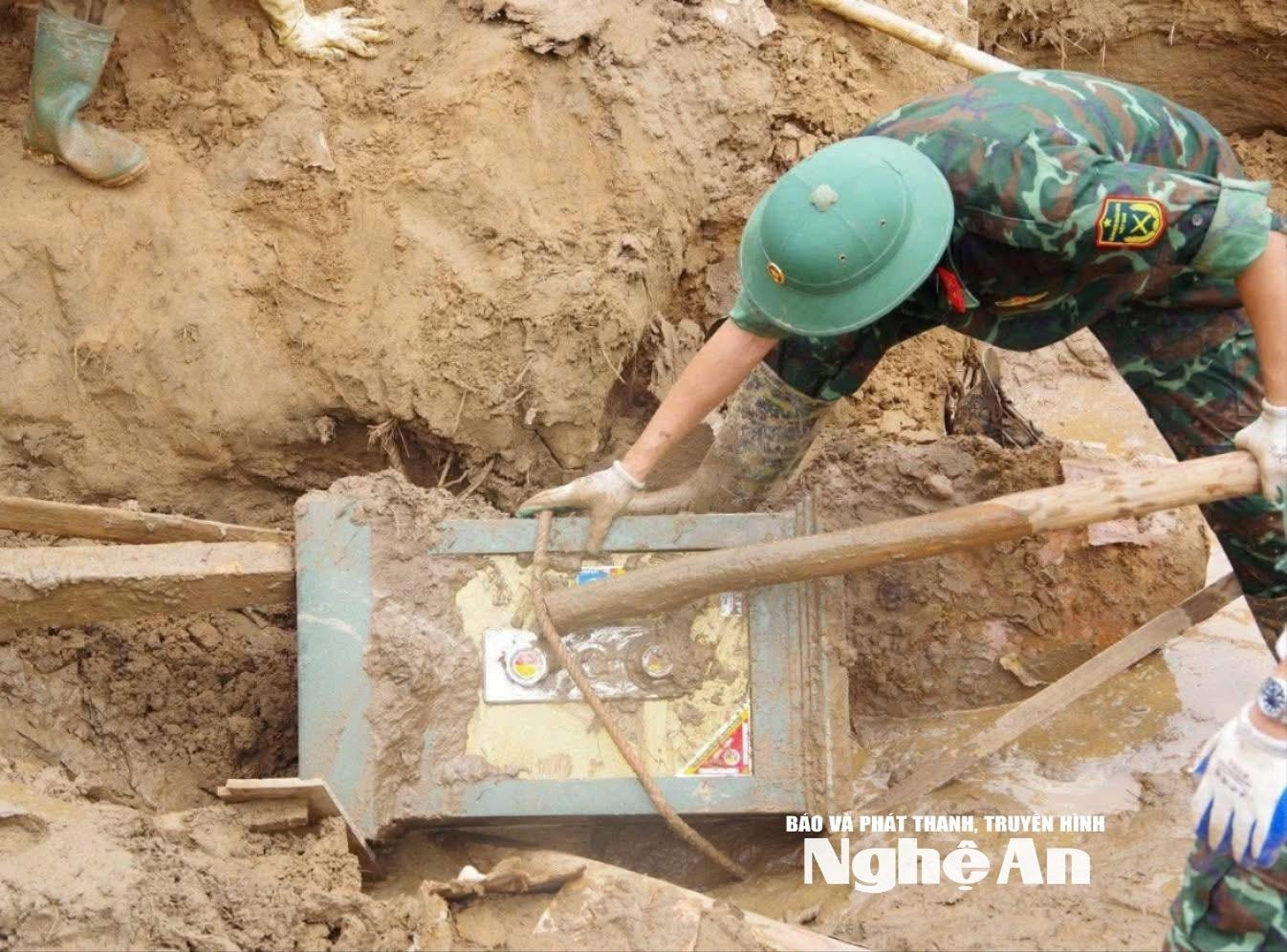

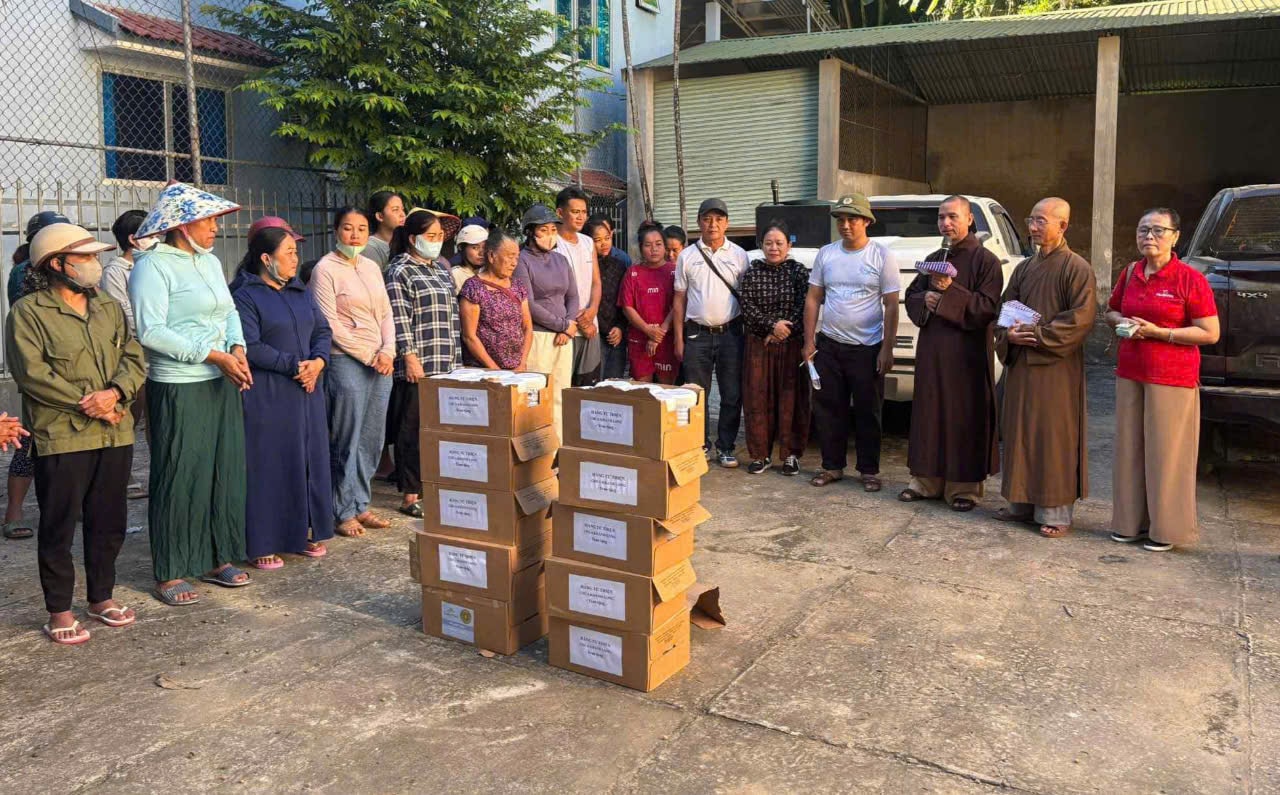
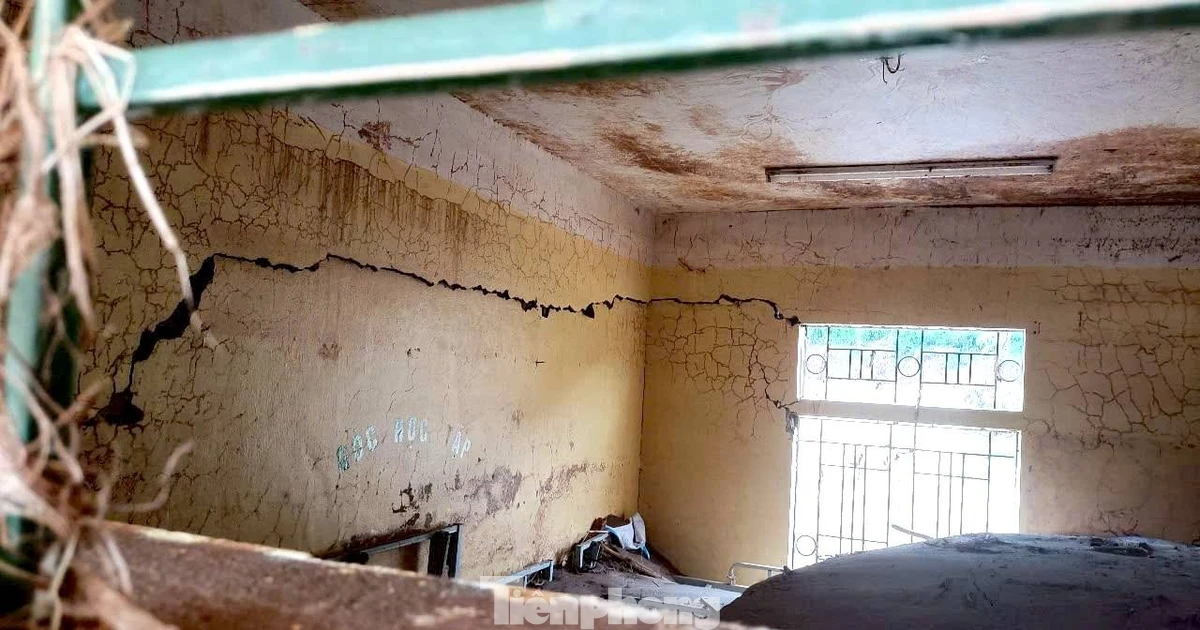







































































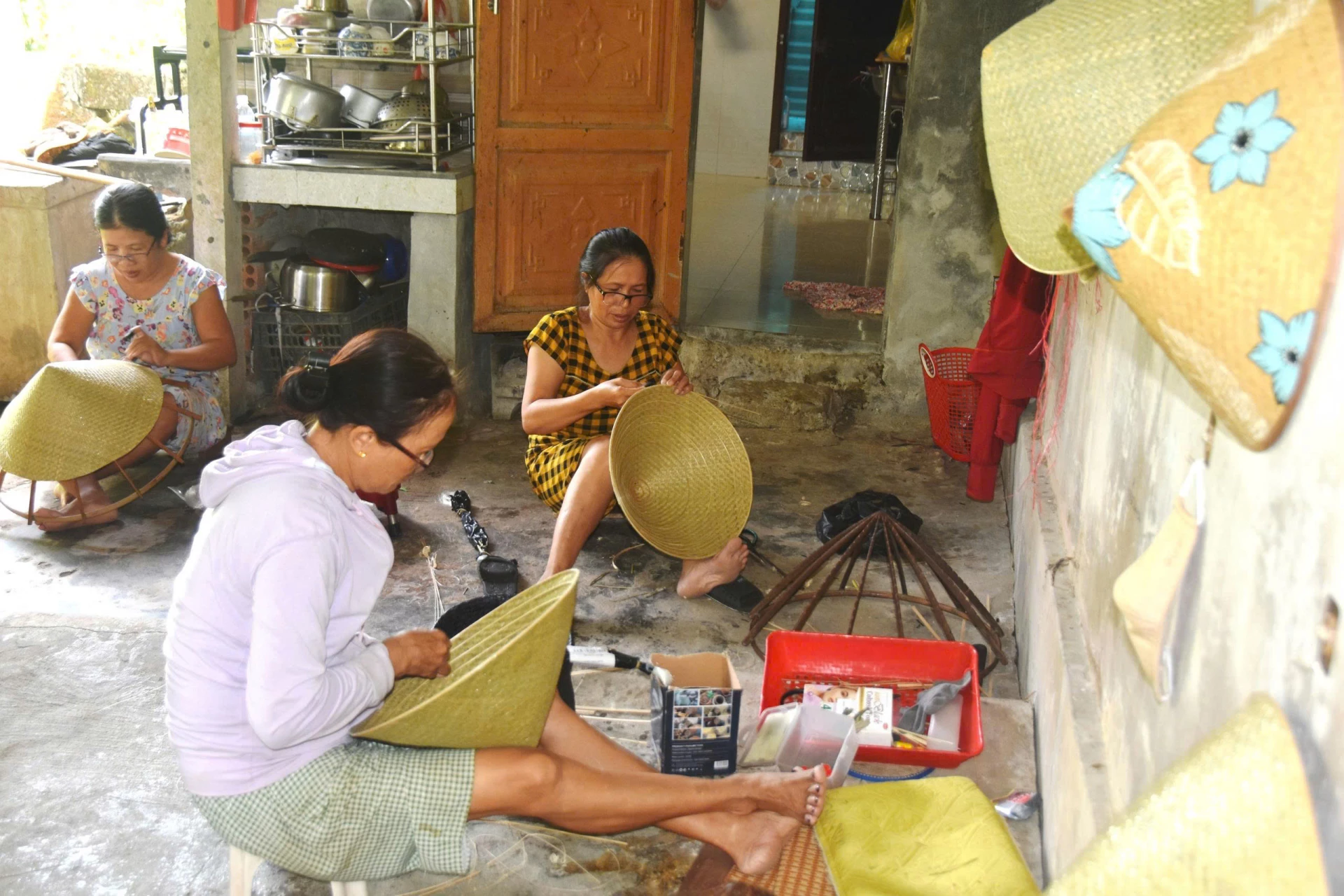

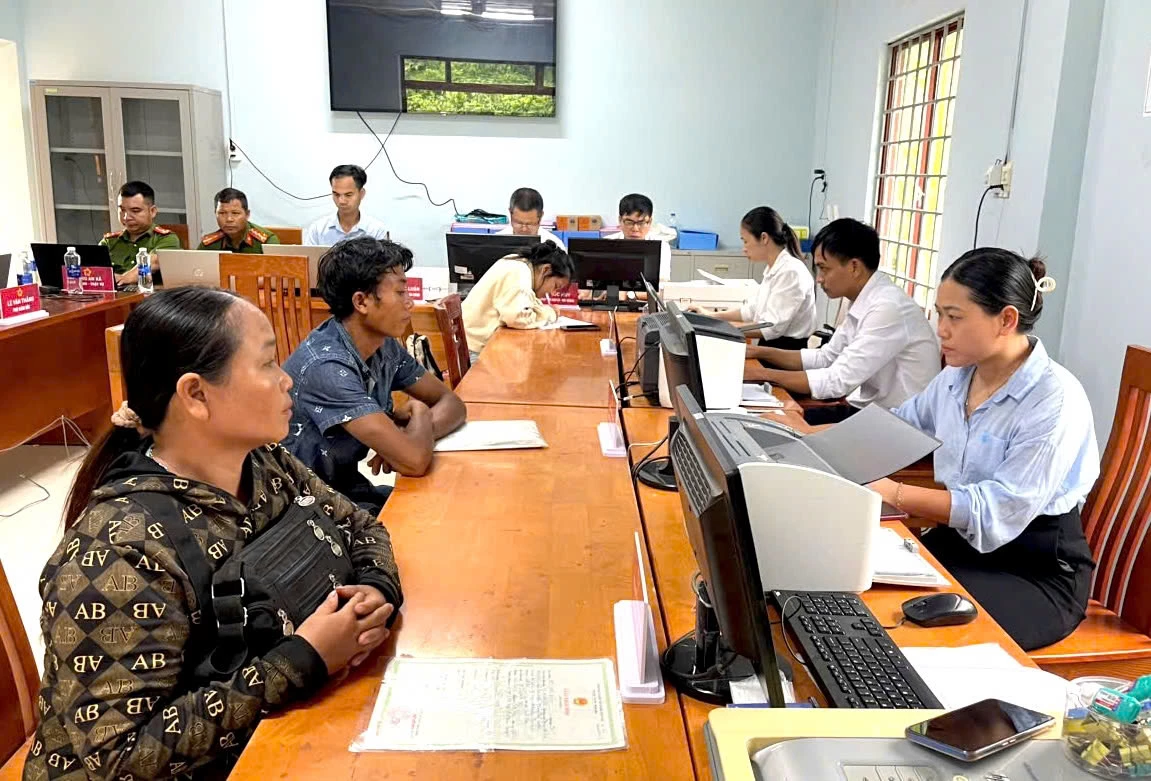

















Comment (0)